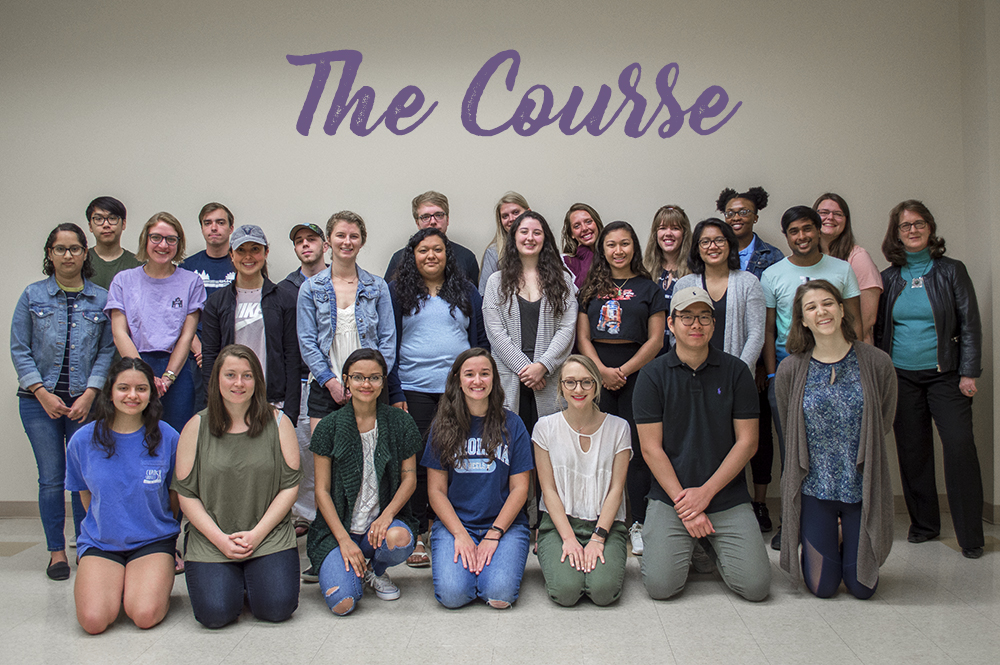The Course

HIST / WMST / EURO 259: TOWARDS EMANCIPATION? WOMEN IN MODERN EUROPEAN HISTORY
Spring 2018
In this course, which I offer every spring term, we studied women’s lives, work and the history of the women’s movement in modern Europe from the era of the late Enlightenment and the French Revolution to the period of the two World Wars, the Holocaust, and the Cold War. We explored how the major political, economic, social, and cultural changes affected the lives of women from different social backgrounds and how they responded to these changes. The struggle of the women’s movement that emerged everywhere in Europe during the nineteenth century to improve the working and living conditions of women, achieve equal civil and political rights for women and increase their social, cultural, and political influence, was one central theme. We asked how the aims and forms of this struggle for female emancipation varied between different groups and countries and changed over time. We also examined the ways in which women were involved in wars and revolutions and experienced them. The course was organized chronologically, but as we moved through time we concentrated on the following themes:
- Gender images and dominant ideas about the gender order and how they affected women’s lives
- Women’s role(s) and experiences in the household, the family, and the workforce
- Women’s and men’s role(s) in the ‘public spheres’ of nation, state and civil society
- Women’s struggle for equal rights in the family, society, the workforce and politics.
Given the diversity of the various regions of Europe, the course could not achieve comprehensive coverage. We therefore concentrated on Western Europe, especially Britain, France, and Germany.
This website was developed by the 31 students in the course, from First Year students to Seniors of a variety of majors in the short time period of four weeks as their final assignment. When we talked about the final assignment the idea of a course website came up. We discussed and all were in favor of it, even though the work on it was much time consuming than an ordinary final assignment. They wanted to give something to the public and show others that women’s and gender history matters.
For me the work with the students was a great pleasure! Many thanks to all of them, especially the Website Team under the leadership of Emma Nicole Haseley and Nikhil Komirisetti.
I also would like to thank the graduate assistant for this course, Jennifer Lee Standish, from UNC Chapel Hill History Department, who edited all entries and helped me with the grading for this class, which we could not avoid in the end. Finally, I would like to thank the History Department of the University of North Carolina for its support!
Chapel Hill, April 27, 2018
Dr. Karen Hagemann
James G. Kenan Distinguished Professor of History and Adjunct Professor of the Curriculum in Peace, War and Defense
University of North Carolina at Chapel Hill, Department of History
Hamilton Hall, CB # 3195
Chapel Hill, NC 27599-3195
Email: hagemann@unc.edu
